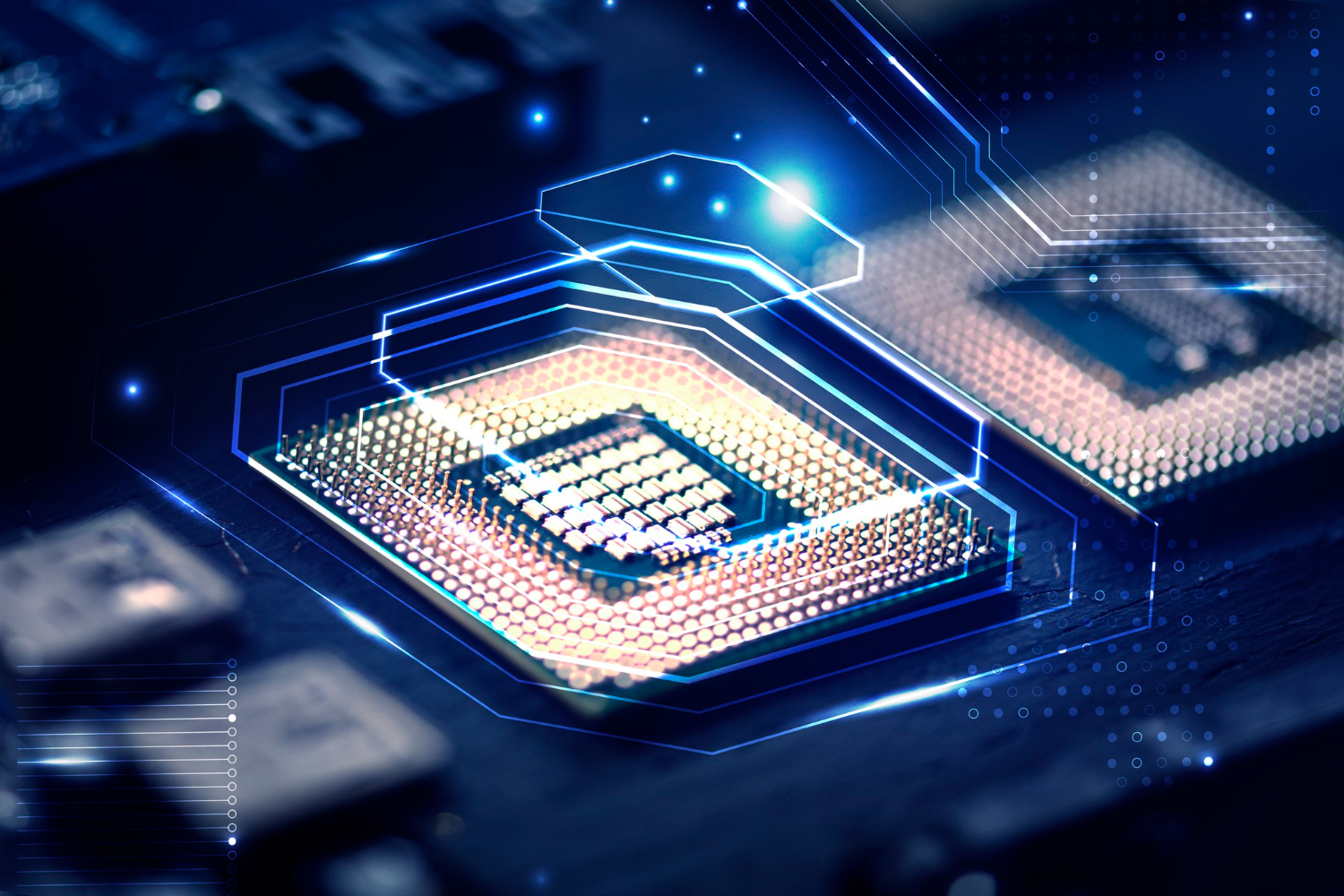Nexperia, one of the world’s largest makers of basic semiconductors – including diodes and transistors, said it would invest $200 million to expand capacity at its main production site in Hamburg, Germany.
The investment, from Dutch-headquartered Nexperia – a subsidiary of the Chinese electronics maker WingTech – is one of the few computer chip investments made in Europe without the aid of state subsidies under the EU’s Chips Act, launched last year.
This also emerges at a time when the European Union is considering whether China is unfairly subsidizing domestic Chinese production of simple “legacy” chips used in cars, electric systems, cell phones, and industrial applications. Nexperia has all its manufacturing and intellectual property in Europe.
Electric cars, “green energy and digitalization are inconceivable without our products,” CFO Stefan Tilger said in a statement announcing the investment decision. “They are the nuts and bolts that make new technologies possible.”
Nexperia makes 100 billion of these chips a year, nearly a quarter of the world’s supply, with assembly and packaging in China, Malaysia and the Philippines.
It is a company based in the Netherlands that competes in the automotive markets, opening new tabs against Texas Instruments, Infineon, and NXP, having its approximately 10% sales go to those customers domiciled in China.
“We have a very ambitious, steep growth curve ahead of us,” Nexperia advocacy chief Hannes van Raemdonck told Reuters, adding the company was investing now to benefit from trends including electrification and the increasing number of semiconductors used in cars.
“Everything will just need more chips to drive things, he said. GREATER SCRUTINY
Since WingTech’s $3.6 billion acquisition in 2018, Nijmegen-based Nexperia has come increasingly into focus by European governments.
In 2022, the British government forced it to sell a factory located in Newport, citing security concerns.
In 2023, the German government excluded it from a subsidy for developing a battery efficiency technology, the Dutch government allowed its purchase of Nowi, a start-up, after retroactive vetting.
Van Raemdonck said Nexperia competed with Chinese firms and he appreciated European policies aimed at making sure its companies remained competitive.
However he was sceptical of concerns Chinese companies were investing in overcapacity.
“I don’t think it’s correct to speak of flooding the market,” he said. “I can’t speak for China obviously, but I think most of the Chinese ramping-up is happening to meet domestic demand.”
Nexperia will add lines in Hamburg to produce two types of “wide bandgap” chips, which are used in electrical infrastructure, using Silicon Carbide and Gallium Nitride.
These chips are favoured over regular silicon chips due to their efficiency, speed, light weight, and capability to function under hot conditions and high voltages.

Leave a Reply